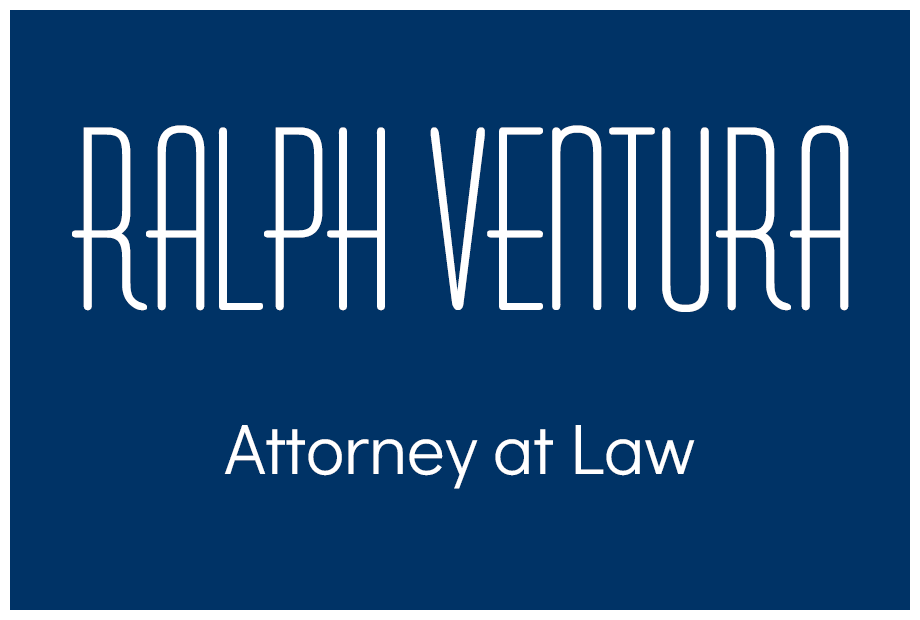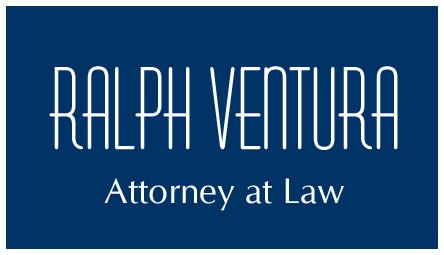Top Three Estate Planning Mistakes
Estate planning is a critical process that ensures your assets are managed and distributed according to your wishes after your death. However, there are common mistakes that can undermine even the best-laid plans. Here are three of the most significant estate planning mistakes and how to avoid them, in no particular order.
1. Adding Children to the Title of Your Home
One common mistake in estate planning is adding children to the title of your home. While this might seem like a straightforward way to ensure they inherit the property, it can have significant unintended consequences.
Loss of Stepped-Up Basis: When you add a child to the title of your home, it can result in a loss of the stepped-up basis. The stepped-up basis is a tax provision that allows beneficiaries to inherit property at its fair market value at the time of the owner's death, rather than its original purchase price. This can significantly reduce the capital gains tax they might owe if they sell the property later. For example, were they to sell the home a year after their inheritance, their capital gains tax burden would be limited to the gain during the year after inheritance. By adding children to the title, you might unintentionally cause them to pay higher taxes on the appreciated value.
Compromising Homestead Protection: In Florida, your primary residence is protected from forced levy by creditors due to homestead laws. However, adding someone else to the title can jeopardize this protection. If your child encounters financial or legal troubles, their creditors could potentially place a lien on the property because, while it is your homestead, it is not their homestead so their portion would have no protection.
2. Believing That a Will Is Self-Executing
Many people mistakenly believe that simply having a will is enough to settle all their affairs after they pass away. However, this is not the case.
Probate Requirement: A will must go through the probate process, which involves validating the will in court and overseeing the distribution of assets. This process can be time-consuming, costly, and exposes your estate to public scrutiny. The probate process can also lead to delays, especially if there are disputes or complications.
Public Record Exposure: Probate proceedings are part of the public record. This means that the details of your estate, including the nature and value of your assets and the identities of your beneficiaries, become accessible to anyone. This lack of privacy can be undesirable for many people.
3. Relying on an Outdated or Overly Broad Power of Attorney
A power of attorney (POA) is a crucial component of estate planning, allowing someone to make decisions on your behalf if you become incapacitated. However, relying on an outdated or overly broad POA can lead to significant issues.
Specificity Requirement in Florida: In Florida, powers of attorney must be specific about the powers granted to the agent. They can include a long list of powers, but each must be explicitly identified. A general, broad statement of powers may not be sufficient. If your POA is too vague, your agent may find themselves unable to act on your behalf in crucial matters.
Durable Power of Attorney Concerns: A durable power of attorney remains in effect even if you become incapacitated. However, its effectiveness can be compromised if the relationship between you and your agent deteriorates. It's essential to review and update your POA regularly to ensure it still reflects your wishes and that you still trust the appointed agent to act in your best interests.
Conclusion
Avoiding these common estate planning mistakes can help ensure that your assets are protected and distributed according to your wishes. Consulting with an experienced estate planning attorney can provide you with the guidance needed to navigate the complexities of estate planning and avoid potential pitfalls. By addressing these issues proactively, you can create a robust estate plan that offers peace of mind for you and your loved ones.
***
This article is provided for informational purposes only and is not intended as legal advice. For further inquiry, please feel free to contact me at the email or telephone listed below.

